A Self-Confessed Ex-Smoker – Quit Smoking
What can be done to help on the journey
I am a self-confessed ex-smoker and can quite smugly say that I “just stopped” on New Year’s Day 2010. However, I had lost count of the times I tried… and failed to stop previously to this date.
I still class myself as a smoker and I will not lie, I still crave the occasional cigarette; missing the whole ceremony of opening a new packet or rolling a cigarette and holding that competition with myself on how good a job it was (yes – I smoked roll ups too). I also miss the ten minutes away from everything as I went outside (responsible parent), just having some time for me and me alone.
I kind of leapt into the journey with a massive attitude of “now or never” but with very little planning or forethought. I am sure that this made the journey harder than it could have been.
Anyway, as an official ex-smoker, I felt I could bestow some assistance to those who want to be as smug as me, how to plan and what can be done to help on the journey. Some of these things I tried and some of them I wish I had known beforehand.
Reasons to stop smoking
Everyone will have their own reasons to stop smoking. My reasons changed on a daily basis. Mainly I did not want my children to smoke. Sadly, they are now adults and all four of them now smoke. However, other main reasons I had were fear of cancer, the smell and the cost.
This is a list of reasons to quit other than your own personal reasons. These are in no particular order:
- Better breathing – Ready made cigarettes produce lethal chemicals such as carbon monoxide upon combustion in addition to containing tobacco and nicotine. Roll ups are not as bad as many of the chemicals are missing but the tobacco does contain tar (yuk). As you stop drawing these into your lungs, your breathing will become easier.
- Reduced risk of lung cancer – Do not underestimate how devastating this can be. I have witnessed two family members pass away as a result of this disease. Both were heavy smokers. It is a terrible way to die and leaves long-lasting, haunting memories for those left behind.
- Lower blood pressure
- Reduced risk of stroke, heart disease and Chronic Obstructive Pulmonary Disease (COPD) – The latter is the term used to describe progressive lung diseases such as emphysema, chronic bronchitis, refractory (non-reversible) asthma, and some forms of bronchiectasis.
- Improved dental health – Teeth will become whiter, gum health is improved due to better circulation and less harsh chemicals.
- Taste and smell improves – Food becomes more delicious, the sense of smell becomes keener and breath becomes fresher.
- You smell nicer in general – No fusty old smoke smell on your fingers and your clothes are fresher.
- Improved circulation – Largely due to more oxygen being transferred in your recovering lungs.
- Better sex – Due to increased blood flow and increased fertility.
- Potentially Longer life – Apparently people who quit before 30 can add up to 10 more years to their life. People who quit at 60 can add 3 more years to their life. Therefore the sooner you quit, the longer your life expectancy will be.
- Less second-hand smoke for family and friends – Even if you smoke outside, the smoke particles cling to clothing and can still be transferred to other people to be breathed in. Second hand smoke has been linked to Sudden Infant Death Syndrome (cot death), asthma and ear infections.
- Stress reduction – Smoking raises blood pressure and thus increases stress responses.
- Saving money – Smoking is expensive!
Plan for quitting cigarettes
Like anything you want to achieve, there is no quick fix. It will take effort, a massive amount of will power and a combination of methods to beat the need for a cigarette.
You will need to plan for quitting cigarettes. Don’t underestimate this part. I did not make a plan and thus made the journey even harder for myself than it could have been. However, some of these things I have done since stopping have helped:
- Before quitting make a list of why you are doing so – Keep the list handy so that you can remind yourself why you have stopped.
- Plan your quit day – Dispose of any cigarettes, lighters or ashtrays the night before.
- Consider nicotine replacement therapies – These might include patches, gum or e-cigarettes. Ensure you have them ready for your quit day. Make sure that you have a reduction programme and you monitor your nicotine intake carefully. There is a danger, especially with e-cigarettes that you can increase your intake. If in doubt, consult your doctor for further advice and support.
- Fill a jar – The week before you quit, get a clear glass jar with a lid (trust me you will need the lid) and half fill it with water. Place all your tab ends in this jar for the week before you quit. After your quit day, whenever you crave a cigarette, just open the lid and have a sniff.
- Join a support group – Alternatively quit with a group of friends or colleagues so that you can all support each other.
What you can expect
Knowing what you can expect from quitting ahead of time may help brace you for the inevitable impact.
Nicotine is an addiction and as such it is difficult to break the addiction. Your body will be a slave to the nicotine receptor cells that are screaming at you to replenish the dose. The carbon monoxide and nicotine will have left your body within the first 24-48 hours. This is when your nicotine craving will reach its peak if you stop “cold turkey”.
After 24 hours, your lungs will begin to clear all the debris within, which can result in a cough which seems to last for weeks in some cases (mine lasted around a month). The more you have smoked, the longer this process could be.
In 3 to 9 months your lungs will begin to repair the ciliary hairs that have been destroyed by the smoke. These hairs exist to remove mucus and other foreign objects that have been breathed in to your lungs from everyday pollution such as pollens, fine particles, dust and pollution.
After a year, your circulation will improve as the fatty deposits in your arteries caused by smoking will begin to decrease. Breathing and exercise will become easier.
Many people say that they do not notice any savings. The money used for cigarettes is often absorbed into everyday living once you give up smoking. The only way to truly see the difference in finances is to put away in a jar the money that you would use to buy cigarettes. This takes a lot of courage and persistence to do. However, it could pay for that holiday of a lifetime!
At first you may find that your stress levels increase – mine certainly did – however, this does subside as you learn to deal with cravings and replace the cigarettes with other things.
Dealing with the cravings can be hard and as such there are things that you can do to help:
- Make a plan and stick to it
- Plan ahead for temptation such as social occasions – Think about what you will do to avoid smoking and how you will deal with any cravings.
- Change your routine – This way you don’t feel lost at the times you would normally have a cigarette.
- Avoid trigger situations – Think twice before walking into situations that will make you want a cigarette. These will vary for each of us so perhaps make a point of identifying them early so you know what to be wary of.
- Exercise – Research has shown that cravings reduce with just 5 minutes of exercise.
- Think positive – Keep reminders on sticky notes around the house and your workplace about why you have quit. It does not matter what these reasons are – everybody’s journey is different.
- Try some diet changes – Some studies in the USA have indicated that certain foods including meat increase the satisfaction of smoking. Apparently fruit, vegetables and cheese make cigarettes taste terrible. The same applies to drinks – tomato juice as a mixer reduces cravings whereas a glass of wine will increase them. Therefore, consider changing your diet and drinking habits.
- Hang around with other people who do not smoke – This is not to suggest you ignore your smoker friends, but consider reorganising your time spent with them to avoid their smoke breaks and consequent temptation.
- Keep your hands busy – Additionally try taking up knitting or a craft and keep your mouth busy by chewing gum.
- Make full use of available support – If you have joined a support group use it as that is what a support group is for.
- Find alternative ways to time out – If – like me – you miss the ten minute “time out”, take up meditation and mindfulness. Focus on your breathing for ten minutes and block out everything else.
Remember, no two people are alike and everyone will have their own cravings to fight. I was dubious about the mindfulness but over 8 years on, this is the method I find the most effective.
Don’t give up on giving up
Without all these nasties being sucked into your lungs, your body’s natural defence will kick in and try and get rid of the deposits already there and your lungs will start to clear. This is why a lot of people suffer from a cough in the weeks after quitting.
Meditate in order to keep those 10 minutes of sanity. There is a lot to be said for mindfulness.
Save the money by putting away the cash you would normally spend on tobacco or cigarettes. This way the money is not just reabsorbed and you can see physical benefits.
Above all, if you try and don’t succeed, try again. Don’t give up on giving up. Trust me, it is worth it.
Victoria Hughes
BSc(Hons.), DipNEBOSH, EnvDipNEBOSH, MCMI, CertIOSH

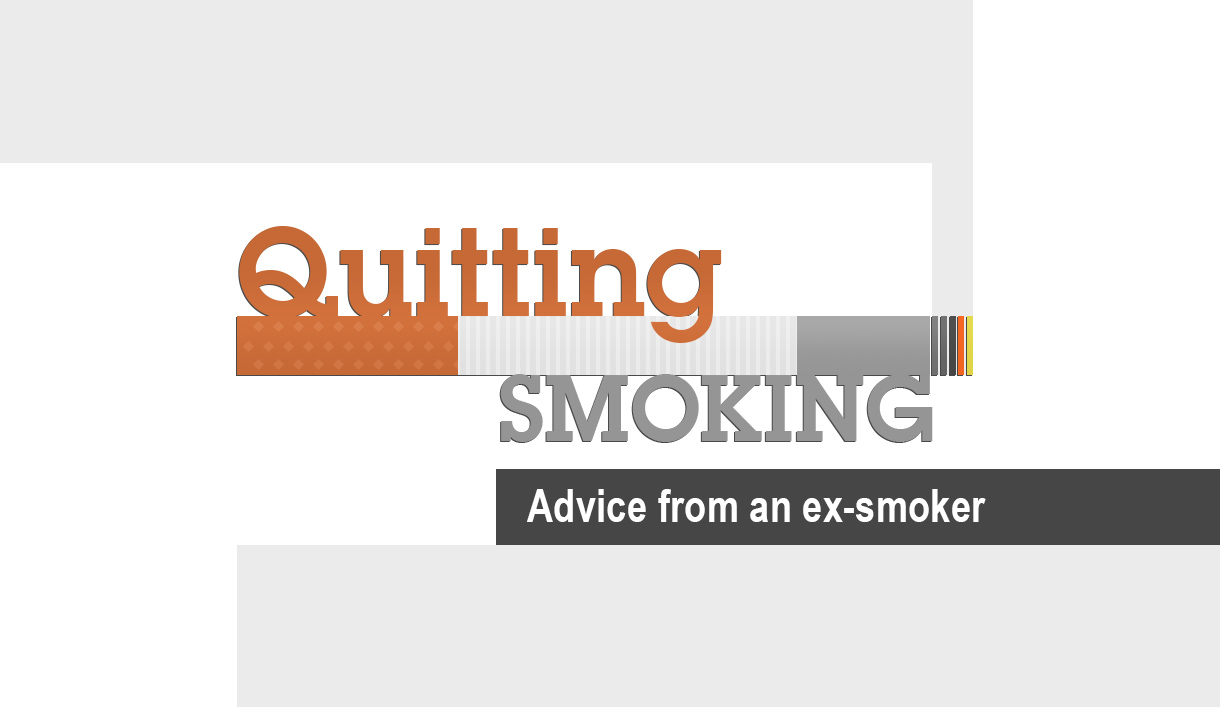

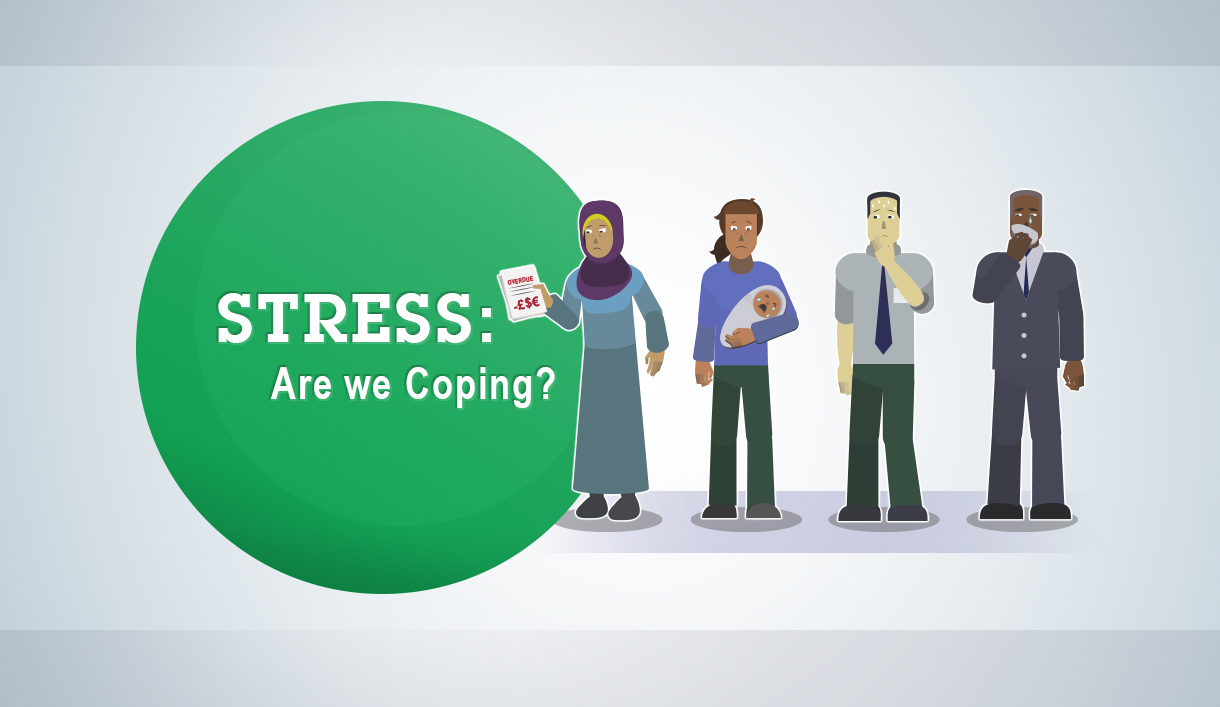
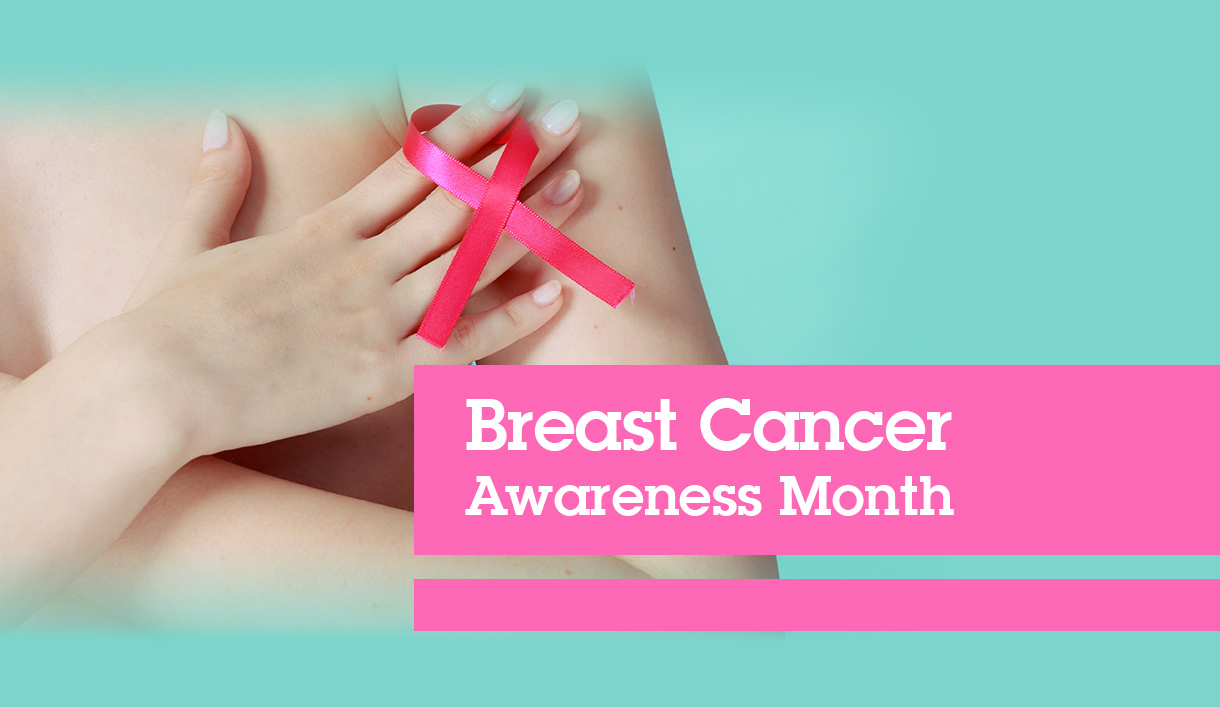
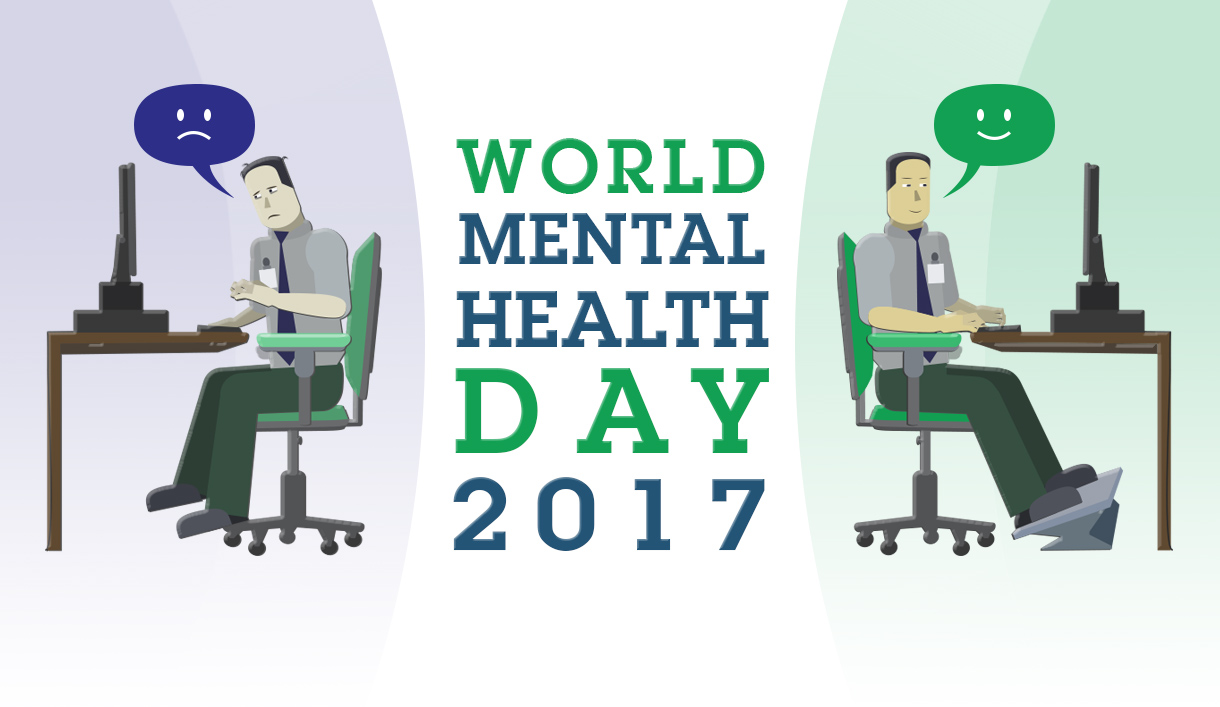

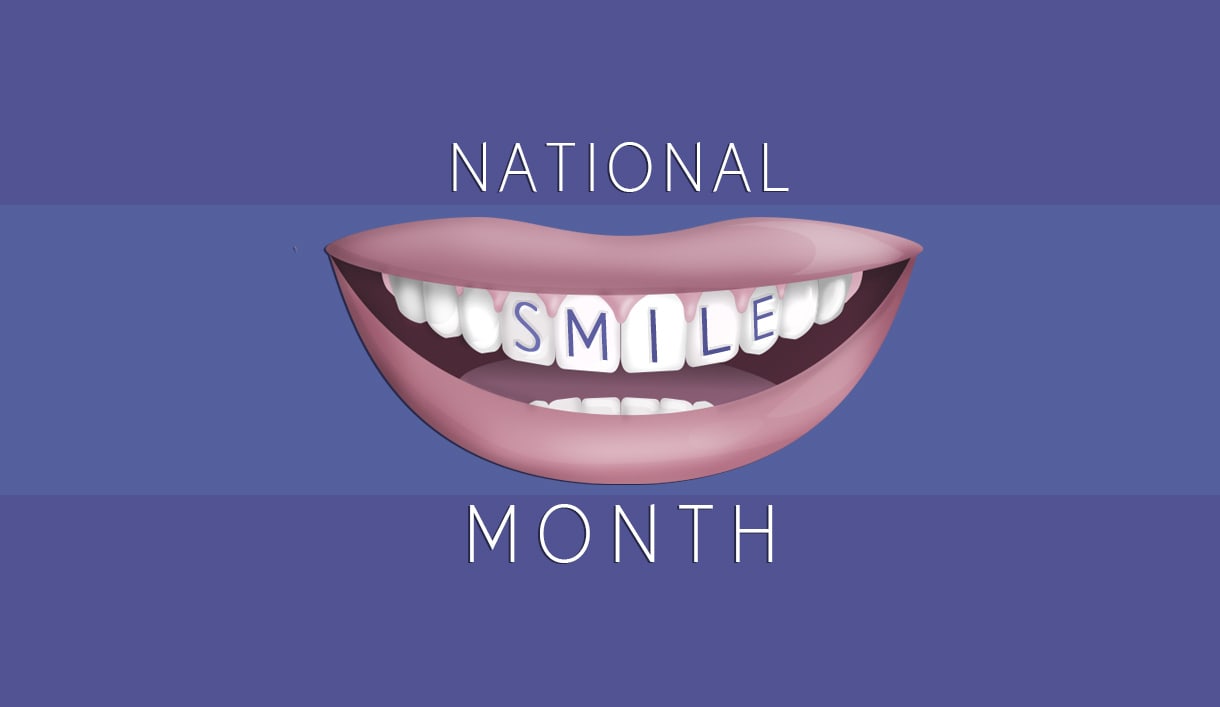
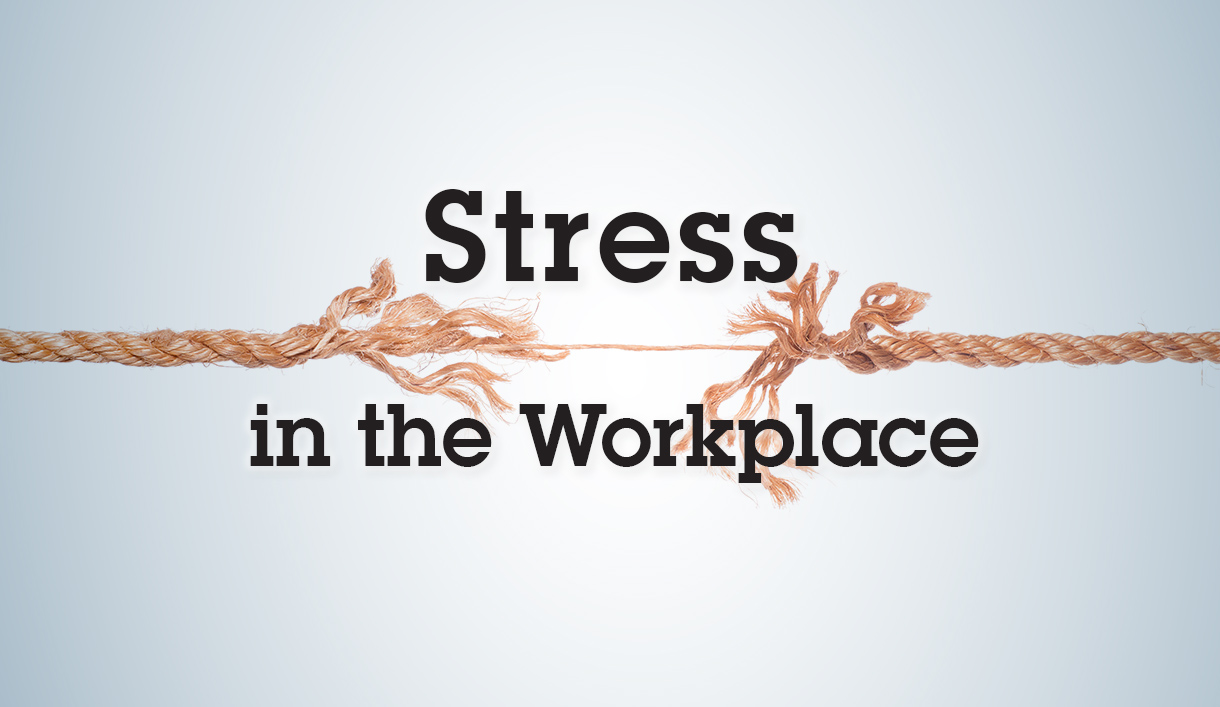
Leave a Reply
Want to join the discussion?Feel free to contribute!